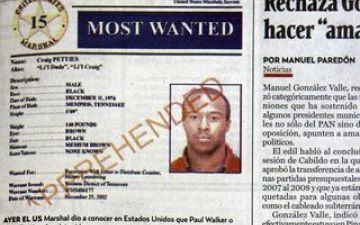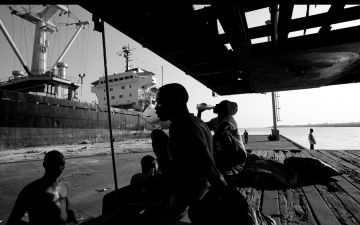Militant Islamists escort drug convoys through northern Mali in exchange for hefty payments. The U.S. military and Honduran authorities use commando-style tactics to catch traffickers in the remote jungles of La Moskitia. A 15-year old from Ciudad Juarez, the most violent city in Mexico, chooses the clarinet over drugs after dropping out of school twice.
Drug Crises tells of men, women, and children who risk their lives—as drug users, traffickers, smugglers, and enforcement agents. You will find searing portraits of those who suffer from addiction, their family members, and loved ones. These are stories not only of lives lost and opportunities missed, but also of the fear and disruption that can overwhelm a community.
Pulitzer Center journalists expose corruption, extortion, and murder in an often violent war on drugs, fought in all corners of the globe, in Cuba and Crimea, in Bolivia and Burma, and from the Philippines to Tajikistan. They cover various recovery programs, such as opioid substitution therapy, as well as policy debates involving the roles of drug enforcement agents, the police, the military, and government. And they ask important questions: Are drug users criminals or patients in need of medical treatment?


